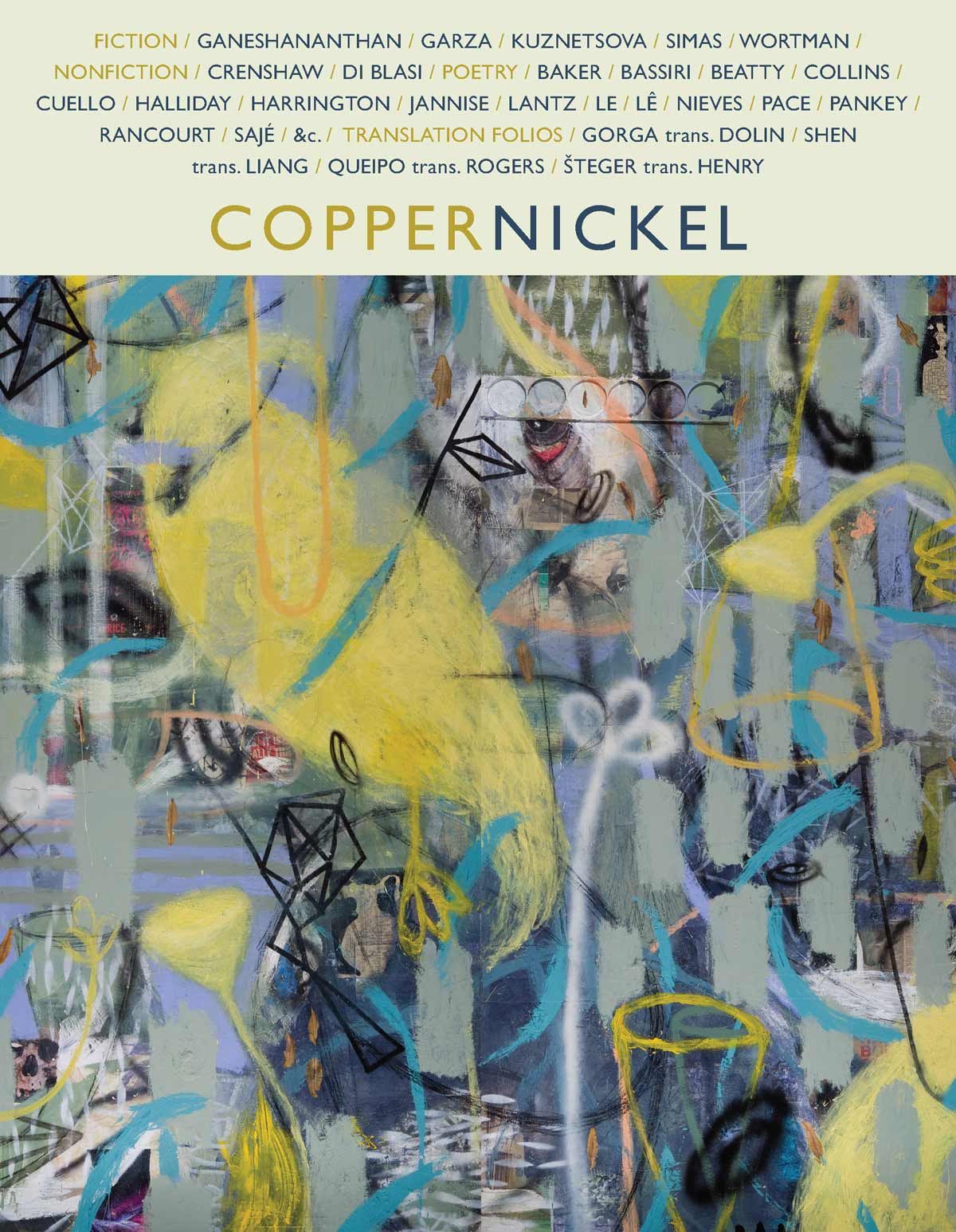While the kids gather in the living room with their screen devices, my wife regales our dinner guests with facts about the dead musician. She, too, has the intent, abstracted look of someone playing games on a device. She is at once trying to win something—our guests’ admiration of the dead musician—and not lose something—her chance to express devotion to the dead musician.
She details his ethnicity, a wide mix, each element and proportion memorized. Our guests nod. Perhaps the woman is genuinely interested. She’s a bolt of enthusiasm, always pitched forward, face never at rest. Our new neighbor. Carla.
My wife doesn’t tell our guests that, despite their genetic differences, she thinks she and the musician look like siblings. They are both beautiful—dark and pale and drawn and lush in similar ways. And both doomed, the musician’s sad fate already sealed, my wife’s uncertain and fought against with various therapies and meds.
“The autopsy determined his death was an accident,” my wife says. “Not a suicide. No signs of drugs or booze. He just wanted to go for a swim!”
Carla’s face blossoms in amazement. “Do you think it’s more or less romantic that way?” she asks.
“It’s not romantic,” my wife snaps. “He’s dead.”
Carla’s husband snickers, like she’s told a dirty joke.
“But death is romantic,” says Carla. “Romeo and Juliet, anyone?”
“In art,” says my wife. “Not in life.”
This is how I know my wife doesn’t like Carla. For when my wife’s not thinking about the dead musician, she’s thinking of death, how she can’t kill herself because of the kids, but maybe a car accident, the other driver’s fault, will do her in, or a plane crash, an aneurysm.
At my wife’s snark, Carla only shines brighter. “But would you love this musician as much if he were alive? What if he were your husband, farting in your bed?”
“I would love him even more.”
“A different kind of love,” I say, feeling put on the spot, though no one has addressed, or even looked at, me. But then, Carla does—look at me, that is, her gaze a silk blanket.
“Get real,” says the man. “No one loves their husband.”
“Marco!” says Carla, shoving his meaty arm. They laugh, their pleasure in each other gurgling up between them.
“My point,” my wife says, “is that—” She returns the conversation to the dead musician, his influences, his legacy, his talent, his too muchness for this world. She will not once mention the woman he loved, thought to be his muse. But she will find her screen device and play a song his muse inspired. An organ’s drones will fill the room, then slow, sad guitar strums, and when the dead musician begins his throaty serenade, even Carla’s husband will show respect, and when his voice soars with regret about damage he’s done, even the kids will sense a bristling presence and glance up from their screens, and when he croons “it’s never over,” at first we’ll think he means his pain but then we’ll know he means his love, the love between him and his muse, his moans a charm no mortal can resist, and if Carla looks at me, when she looks at me, again, I will tell her, with my eyes, to take her family and leave this place, to get out while she can.
